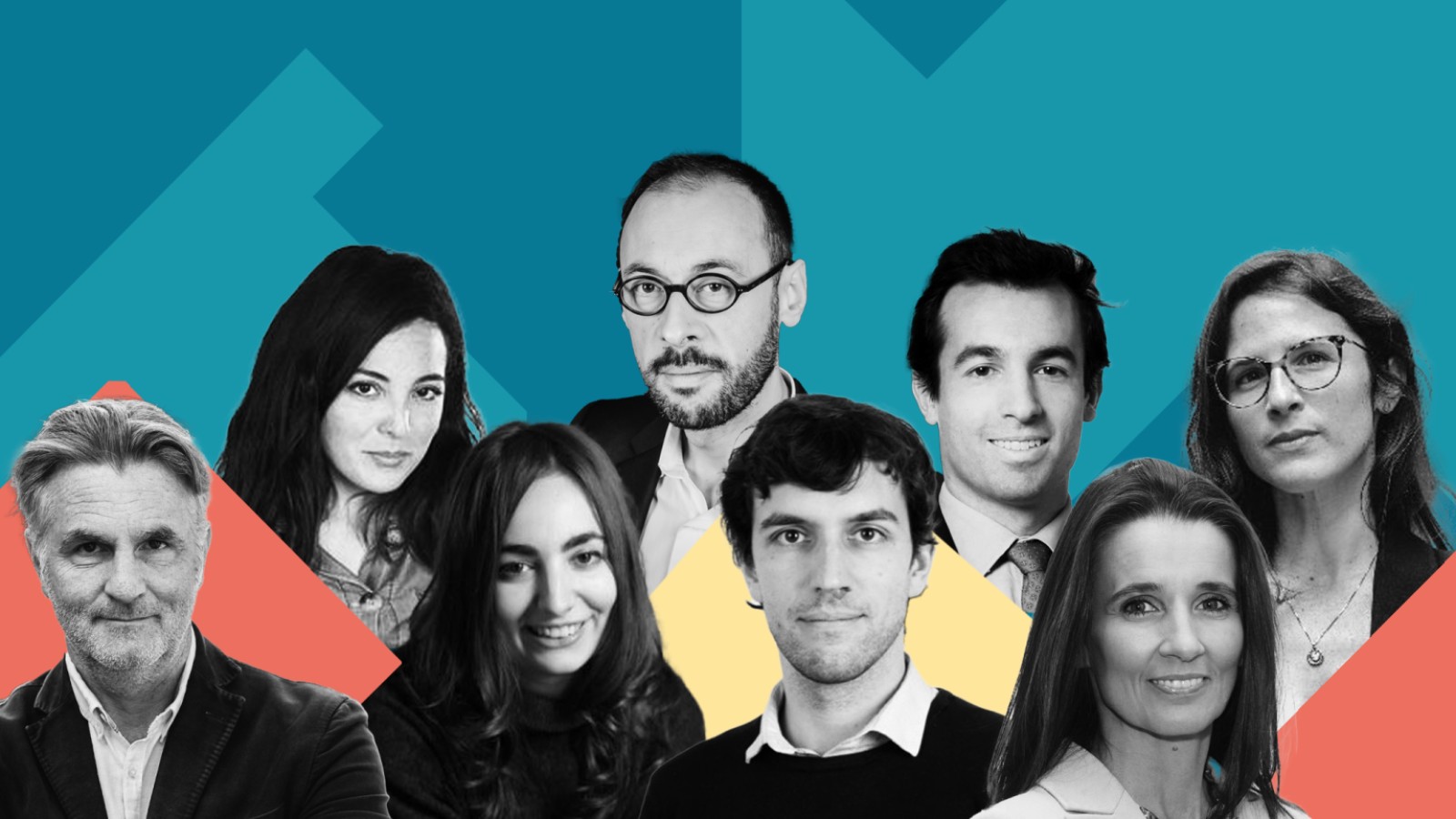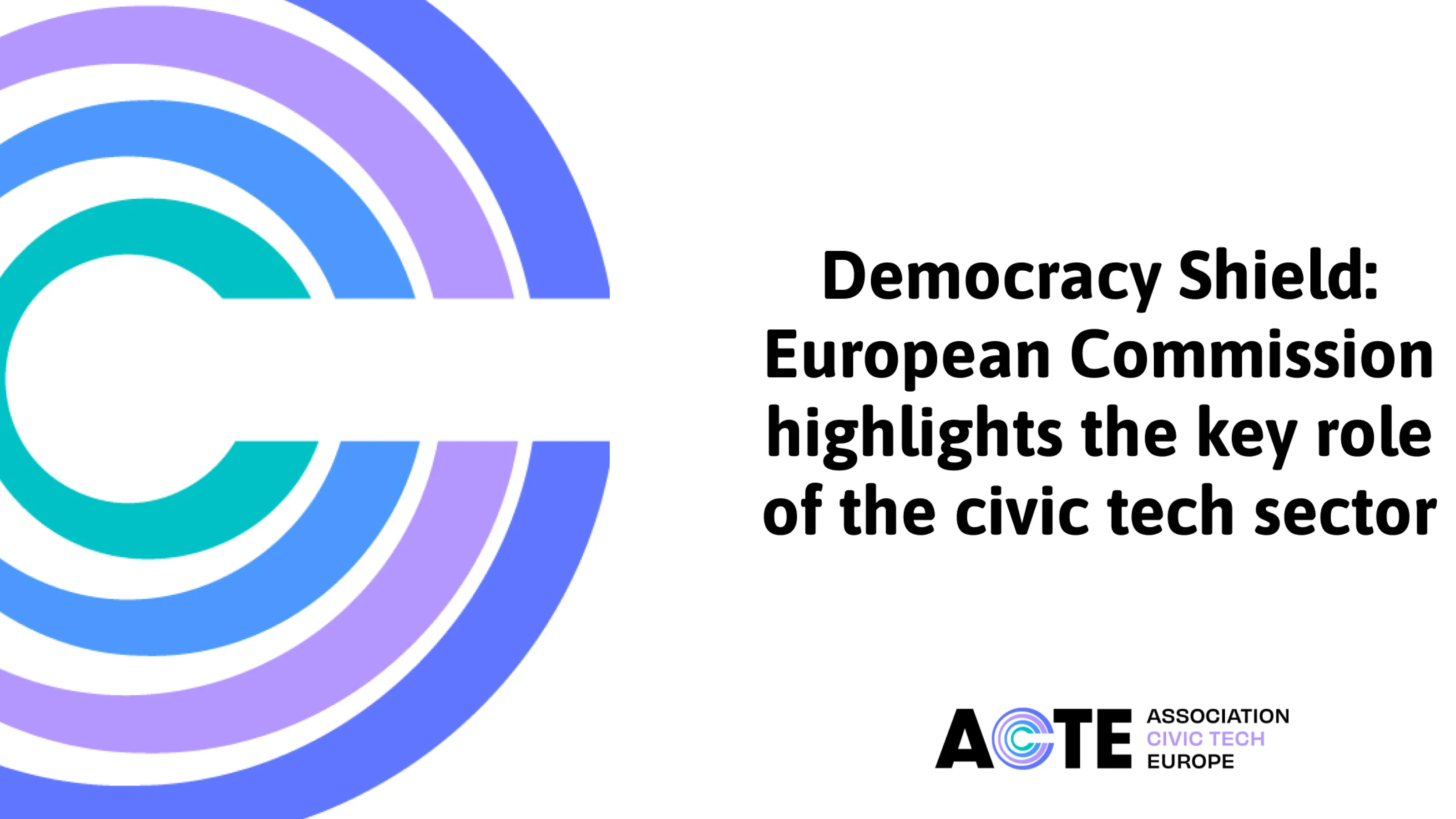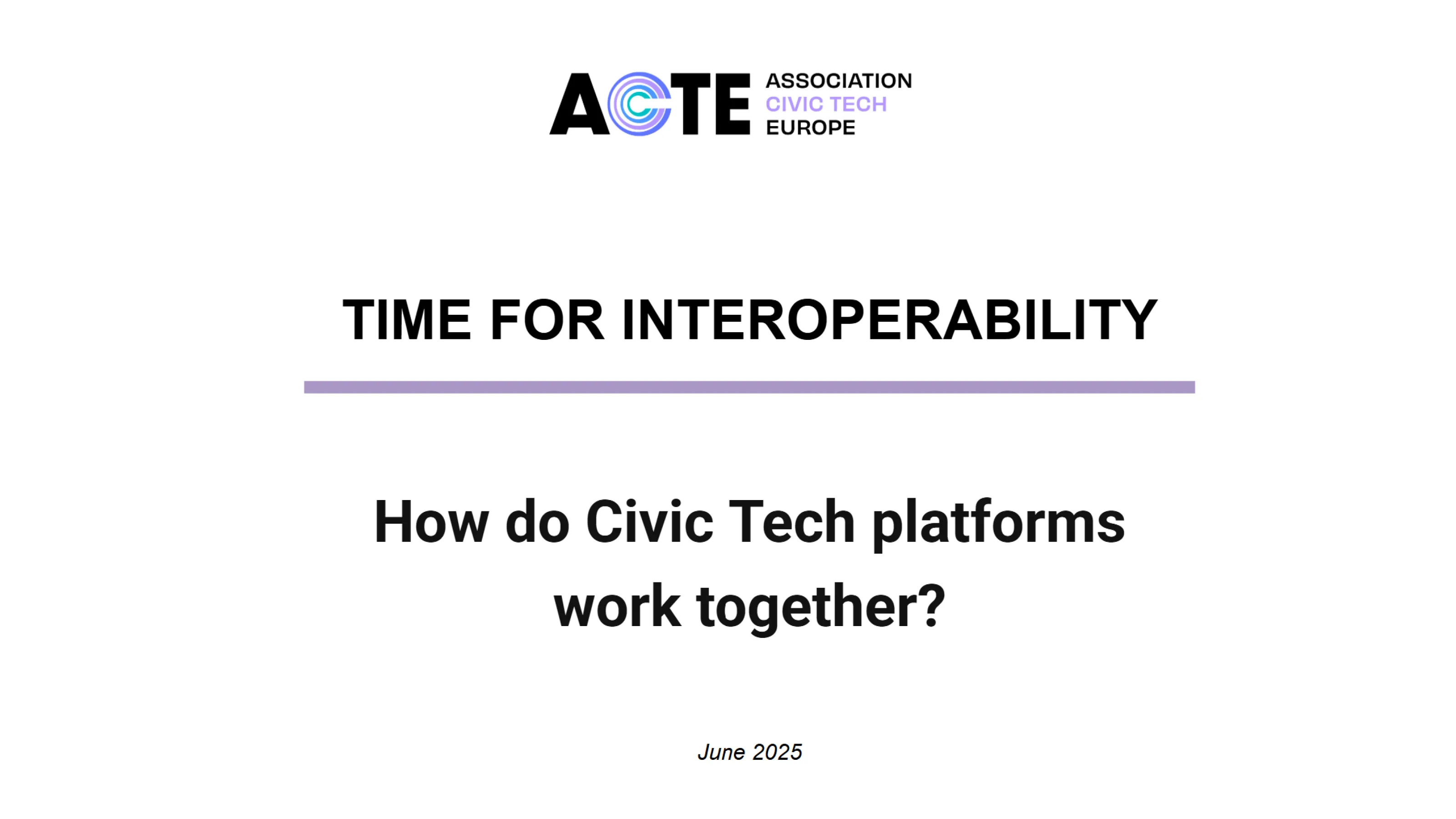To look forward, we must go back. Precisely, back to 28 September 2023, just two days prior to the Slovakian national election. On that day, an audio recording surfaced online. On the recording, Šimečka, the leader of a pro-EU party, appeared to be discussing strategies to manipulate the election. It was a deepfake. Despite a quick fact-check and a debunk, it was spread online. In the end, Slovakian citizens went to the polls and he lost against his political opponent, a former Prime Minister accused of links with the Kremlin.
AI deepfakes vs. democracy
Artificial intelligence now allows for the creation of incredibly realistic deepfakes – which could have a very destabilising role in an electoral campaign,” President von der Leyen recently declared. We are, and will be more and more exposed to manipulated and fabricated content, like the deepfake used in Slovakia. Their goal is either the discreditation of candidates or the demobilisation of voters, diminishing the trust in elections. The interest of foreign powers in weakening our democracies will only boost this trend. It is now a reality we cannot ignore.
The impact is profound – it weakens the ability of our parliamentary bodies to act cohesively. It also fans the flames of extremism, and ultimately undermines the very foundations of European democracy. The propagation of disinformation threatens to cast a shadow over our democratic processes, eroding public trust. In this era of rapid technological advancement, addressing this challenge is not just a choice but a crucial imperative.
A European solution
“What can we do?” is the question that needs urgent answers and action by many parts of public life and society in Europe. We must urgently take brave, audacious steps to ensure the sanctity of our electoral processes. A “Democratic Shield,” swift and unyielding, must be raised to protect European elections. The time to act is now.
One of those steps could be the convening of an extraordinary European Council meeting on election security. It would be a strong and unified signal to show the importance of the matter. It should be paired with an assembly of experts in various related fields, including AI, data analysis, sociology, and political science.
Another important part of the “Shield” could be a reinforced and strict limitation of the virality of any political content, no matter if verified or not, on social media during a short period ahead of the elections, to limit the potential influence of the increasing flow of fake news.
Third, a broad coalition of diverse actors on the European level should initiate the establishment of a “Code of conduct” on AI-generated content. This code would be co-created and signed by European political parties to strengthen fair elections.
Technology can help us fight disinformation
It is important to understand that technology is not inherently a threat. It constitutes an avenue for enhancing the democratic process within our societies. For instance, technology has the potential to assist citizens to gain a deeper comprehension of politics and facilitate their active participation in democratic discussions. Additionally, it can help not only to identify deepfakes, but also to better connect citizens to institutions and henceforth restore trust in politics. It could help our democracies to strike back.
The EU must unite to defend the integrity of democratic processes. This collective commitment will enable us to leverage the potential of AI to uphold transparency, thereby empowering citizens to make well-informed decisions. By doing so, we will ensure that elections remain a fundamental pillar of our open societies.
Signatories
Axel Dauchez, President and Co-founder of Make.org
Asma Mhalla, Lecturer Columbia, SciencesPo, Polytechnique
Clémence Pène, Vice-President of A Voté
Martial Foucault, Director of CEVIPOF Adrien Duguet, President of Association Civic Tech Europe (ACTE)
Boris Julien-Vauzelle, member of the administrative board of Démocratie Ouverte
Bilyana Kotsakova, Lawyer, Member of the Civil Initiative for Sofia
Alicia Combaz, CEO and Co-founder of Make.org




